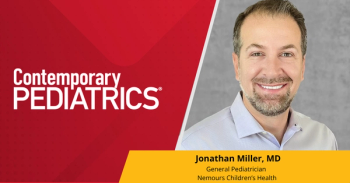
After the school psychologist, where do teens go?
Teenagers with a mental disorder who see a school psychologist first are more likely to go to their pediatrician or family doctor for subsequent care, but few seek out a mental health specialist, a recent analysis finds.
Teenagers with a mental disorder who see a school psychologist first are more likely to go to their pediatrician or family doctor for subsequent care, but few seek out a mental health specialist, a recent
Data from a nationally representative cohort of 6483 United States students aged 13 to 18 years indicate that adolescents who seek initial help from a school psychologist more often go on to consult a medical specialist such as a pediatrician or family physician than students who don’t use school mental health services. They’re also more likely to make use of other services including telephone hotlines and self-help groups. Contact with a school psychologist didn’t have any impact on whether students subsequently sought care from a doctor or therapist specializing in mental health, however.
School psychologists provide a valuable initial point of contact for students with mental health issues but have limited ability to offer direct, comprehensive treatment. The study found that school mental health services already play a role in pointing adolescents to out-of-school care. However, they may need to strengthen their collaboration with psychotherapists and other mental health specialists to supply the “missing link” between in-school services and specialty care.
To get weekly clinical advice for today's pediatrician,
Newsletter
Access practical, evidence-based guidance to support better care for our youngest patients. Join our email list for the latest clinical updates.








